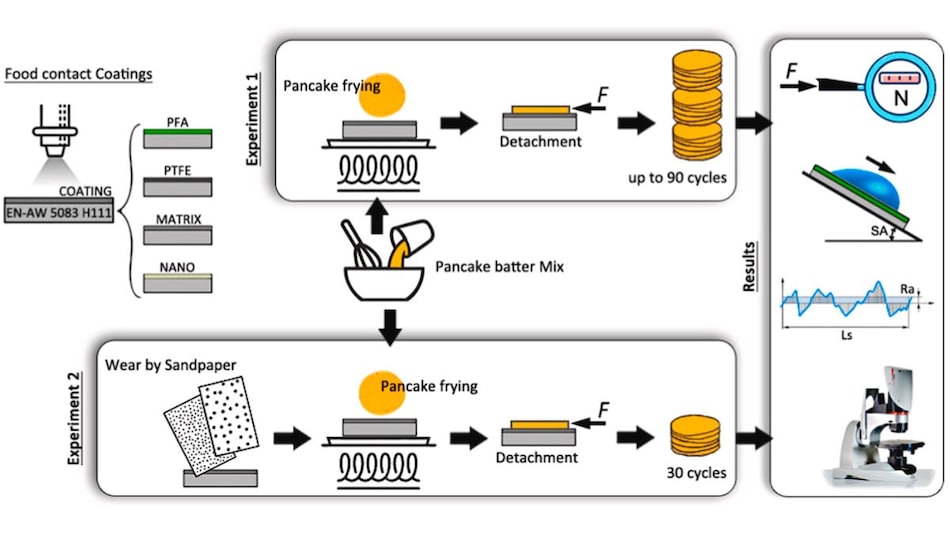Researchers developed a green, solvent-free method to recycle Teflon.

Scientists found a solvent-free method to recycle Teflon with sodium at room temperature
Click Here to Add Gadgets360 As A Trusted Source

Researchers have found a straightforward, environmentally-friendly method of degradation and reuse of Teflon (polytetrafluoroethylene, PTFE) a highly-durable plastic commonly found in non-stick cookware to electronics. This method consists of shaking waste Teflon with sodium metal at room temperature in the presence of no toxic solvents to break its strong carbon-fluorine bonds and form non-toxic carbon and sodium fluoride. The resulting sodium fluoride (toothpaste and water fluoridation) can then be re-used in other fluorine containing products.
A Greener Recycling Process
According to the published paper, it is recycle of PTFE by the new process, called mechanochemistry, which consists of simple grinding. A ball mill (a steel ball containing) is shaken at room temperature with sodium metal and Teflon sealed in. It is a mechanical process that breaks the carbon fluorine bonds of the plastic without any heating or solvents to produce carbon and sodium fluoride. The sodium fluoride has the potential of making new fluorine chemicals directly – such as components of pharmaceuticals and diagnostics.
Environmental and Industrial Impacts
The new recycling route avoids the by-products of conventional disposal. Burning or incinerating PTFE releases persistent pollutants known as PFAS “forever chemicals,” which remain in the environment for decades. By contrast, the mechanochemical method yields only stable sodium fluoride. Fluorine is used in about one-third of new medicines and many advanced materials, yet it is normally obtained via energy-intensive mining; recycling fluorine from Teflon waste could shrink industry’s footprint and forms part of a circular economy for fluorine chemicals. Researchers say this simple and low-cost method could also be extended to other fluorinated wastes, further enhancing sustainability in fluorine chemistry.








